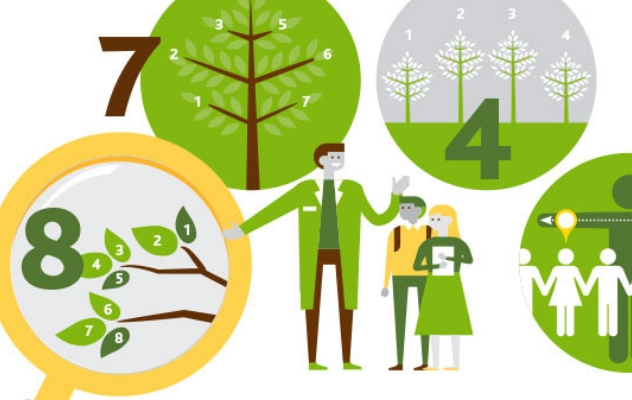Problem solving and group work are two major skills we all hope to foster in our pupils. One way to help them develop these skills is to challenge them with Fermi problems.

Enrico Fermi (1901 to 1954) was a Nobel Prize winning physicist, who was also famous for giving his audience fun problems, using approximate analysis to find an answer. These have since become known as ‘Fermi problems’. One of the most famous questions he posed was: “How many piano tuners are there in the city of Chicago?”
A lovely one to attempt with your class might be: “How many leaves are on all the trees on our school field?” How would you go about answering this? The initial response from the children might be that it is too difficult and they can’t possibly find the answer, but if they understand that the idea is to gather enough information to give a reasonable estimate, then the challenge becomes both manageable and enjoyable. Every day, scientists make sensible estimates, based on collected data, to answer ‘big’ questions.
Working in groups means pupils cooperate to pool knowledge and skills. In order to avoid frustration, the tasks should not be too demanding, but challenging enough to stimulate discussion and sharing. The best tasks are based on real-world related situations and provide open-beginning and open-ended tasks, so children can make personal decisions about how they approach the task, encouraging innovative and collaborative thinking.
One study (Fermi Problems in Primary Mathematics Classrooms, Andrea Peter-Koop 2005) asked, “If there was a 3km traffic jam on the motorway, how many cars would be involved?” Groups of children all approached the problem differently; some groups researched car lengths online and others asked to go into the school car park where they measured staff cars. Others drew the problem and added in space between the cars and others thought about trailers and caravans. There were many different estimates and the teachers found that when the children shared their approaches with the rest of the class, highly valuable rich discussions developed. Every child in the class was able to access the problem in their own way and all reached a valid estimate.
If asking these questions as a starter might be too challenging for your class, it is best to start small and ask children questions that can be answered if they gather enough data, for example: How many marbles are in our jar?

